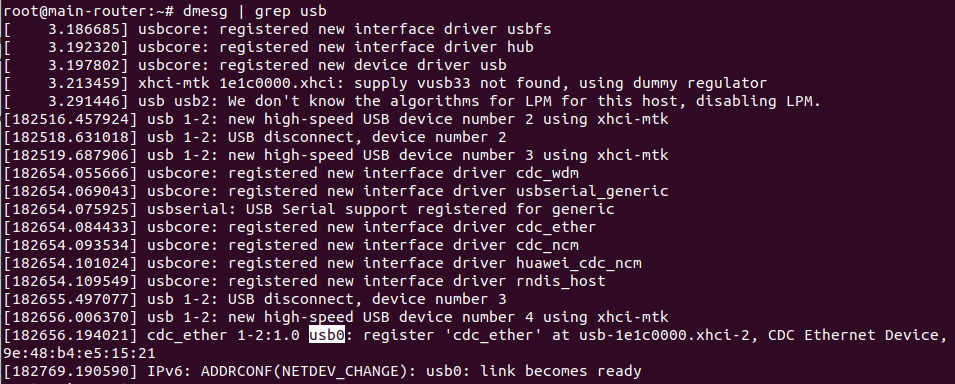Based on Vue.js
VuePress
VuePress is composed of two parts: a minimalistic static site generator (opens new window) with a Vue-powered theming system and Plugin API, and a default theme optimized for writing technical documentation. It was created to support the documentation needs of Vue’s own sub projects.
Each page generated by VuePress has its own pre-rendered static HTML, providing great loading performance and is SEO-friendly. Yet, once the page is loaded, Vue takes over the static content and turns it into a full Single-Page Application (SPA). Extra pages are fetched on demand as the user navigates around the site.
Read more about VuePress.
Base on Go
Hugo
Hugo is a fast and modern static site generator written in Go, and designed to make website creation fun again.
Hugo is a general-purpose website framework. Technically speaking, Hugo is a static site generator. Unlike systems that dynamically build a page with each visitor request, Hugo builds pages when you create or update your content. Since websites are viewed far more often than they are edited, Hugo is designed to provide an optimal viewing experience for your website’s end users and an ideal writing experience for website authors.
Websites built with Hugo are extremely fast and secure. Hugo sites can be hosted anywhere, including Netlify, Heroku, GoDaddy, DreamHost, GitHub Pages, GitLab Pages, Surge, Firebase, Google Cloud Storage, Amazon S3, Rackspace, Azure, and CloudFront and work well with CDNs. Hugo sites run without the need for a database or dependencies on expensive runtimes like Ruby, Python, or PHP.
Read more about Hugo.






